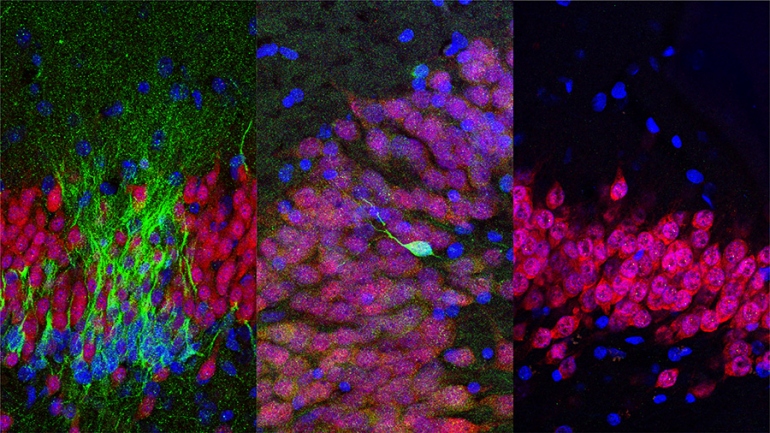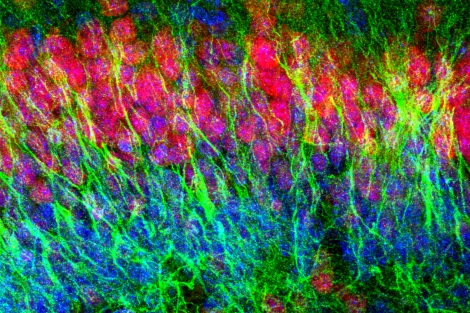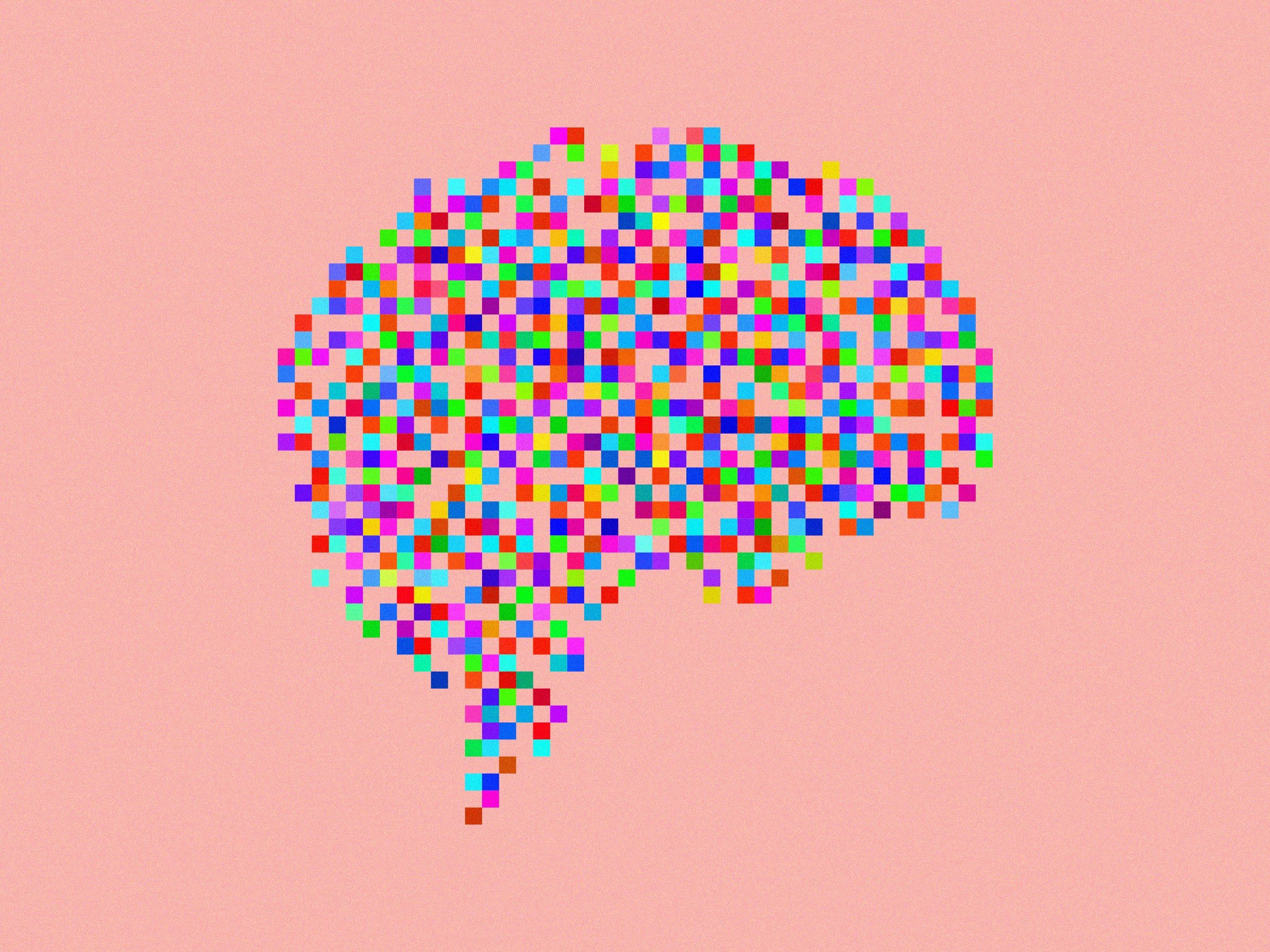Hippocampal Neurogenesis Undetectable in Human Adults, No New Memory Cells Made in Adulthood: Study
New neurons continue to be generated in the subgranular zone of the dentate gyrus of the adult mammalian hippocampus. This process has been linked to learning and memory, stress and exercise, and is thought to be altered in neurological disease.
Every day, the human hippocampus, a brain region involved in learning and memory, creates hundreds of new nerve cells — or so scientists thought. Now, results from a study could upend this long-standing idea. A team of researchers has found that the birth of neurons in this region seems to stop once we become adults.
The findings present a challenge to a large body of research which has proposed that boosting the birth of new neurons could help to treat brain diseases such as Alzheimer’s disease and depression. But the authors said it also opens the door to exciting new questions about how the human brain learns and adapts without a supply of new neurons, as in seen in mice and other animals.

“We find,” explains Arturo Alvarez-Buylla, who is a professor of neurological surgery working at the University of California, San Francisco (UCSF) and the head of the laboratory behind the study, “that if neurogenesis occurs in the adult hippocampus in humans, it is an extremely rare phenomenon, raising questions about its contribution to brain repair or normal brain function.”
For this study, researchers collected brain tissue from patients who had surgery for epilepsy or those who had died at various ages, from babies to adults who were 77 years old. They looked for signs of young neurons, which means it was new, and found that neurogenesis declines one year after birth. New neurons were found in children at 7 and 13 years old, but they found no trace of them could be found in adults.
“In young children, we were able to see that substantial numbers of new neurons continue to be made and integrated into the dentate gyrus, but neurogenesis fades away completely by early adolescence,” says Mercedes Paredes, a senior researcher on the project. “The fact that we could compare newborn brains, where new neurons were clearly present, to the adult, where we saw no evidence for young neurons, gave us added confidence that what we were seeing was correct.”
The researchers then turned to studying the stem cells that give birth to new neurons. They found that neural progenitors are plentiful during early prenatal brain development, but become extremely rare by early childhood. They noted that these cells fail to cluster early on into a concentrated ‘niche’ in a region of the human DG known as the subgranular zone.
Shaun Sorrells, a senior researcher on the new study acknowledges that it is virtually impossible to definitively say the adult hippocampus produces no new neurons, but this evidence certainly suggests that if adult neurogenesis exists, it may be a very rare and/or minimal process that doesn’t adequately explain plasticity in an adult human brain.

However, the absence of neurogenesis in the human brain may not be a bad thing, the researchers point out, but instead point the way to understanding what makes the human brain distinct from other animals and set researchers on a better path to developing treatments for human brain diseases.
After coming full circle in the study of neurogenesis, from playing a role in proving its existence in other animals, to demonstrating that it appears not to play a major role in humans, Alvarez-Buylla is philosophical. “I always try to work against my assumptions in lab,” he said. “We’ve been working on adult neurogenesis so long, it is hard to see that it may not happen in humans, but we follow where the data leads us.”





























